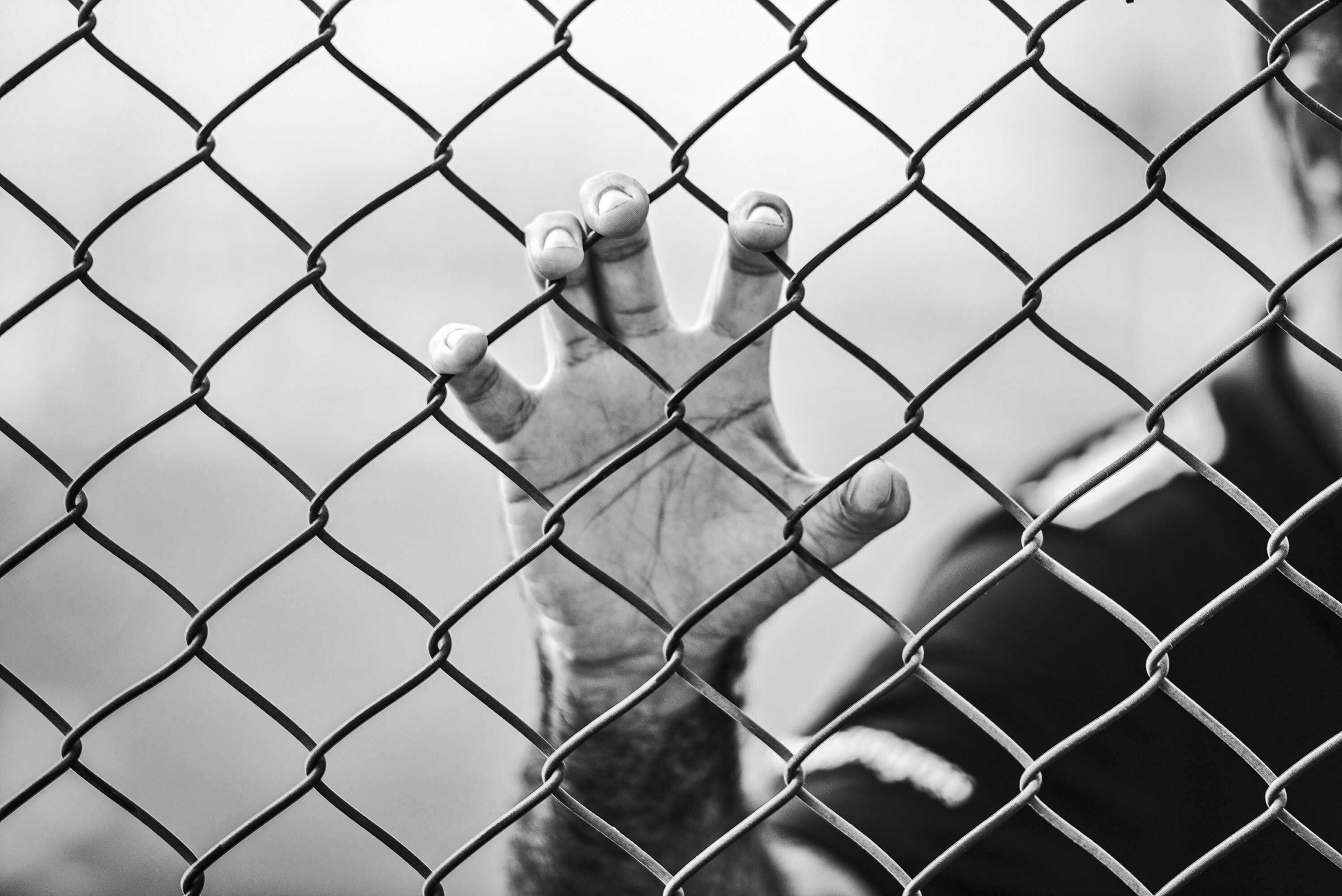The International Commission of Jurists (ICJ), in coordination with the Office of the Attorney General (OAG) organized a workshop on 17 and 18 June 2022 with the Attorney General, Chief Attorneys (CAs) and other senior governmental legal personnel, with a view to ensuring effective and coordinated monitoring of places of detention. Detention monitoring is essential to prevent torture, ill-treatment and other human rights violations, in line with Nepal’s legal obligations under the Convention against Torture and the International Covenant on Civil and Political Rights. Workshop participants highlighted the importance of implementation of international law and standards on monitoring places of detention, including the revised Standard Minimum Rules for Treatment of Prisoners (Mandela rules) and standards concerning children in detention. The Constitution of Nepal also prohibits “physical or mental torture or cruel, inhuman or degrading treatment” against persons arrested or detained.
To implement these obligations and provisions, the CAs have been visiting places of detention. Some provinces have developed guidelines to facilitate such monitoring, while other are in the process of developing such guidelines.
The workshop was aimed at assisting in the development of guidelines for monitoring places of detention and necessary regulatory frameworks in implementing the findings and recommendations of such monitoring mechanisms. It was also aimed at promoting coordination and creating synergies between CAs and OAGs and other institutions monitoring places of detention.
“Although our Penal Code aims to develop our jails as correction centres, physical conditions like narrow spaces, overcrowding, lack of proper ventilation, shortage of drinking water and food, poor sanitation make these detention [facilities] unlivable for human beings. You can imagine what it means when you have to wait in a long queue to go to the toilet,” one Chief Attorney shared his experience from visiting the jails in his province.
ICJ, Senior International Legal Adviser Dr. Mandira Sharma, facilitating a session on the roles of Chief Attorneys in monitoring places of detention in accordance with international law and standards, reviewed efforts in different provinces of Nepal and highlighted the need for coordination and harmonization of efforts. She stated that ”there is a need to develop a standard guideline that provides clarity on the monitoring mechanism and its composition, frequency of visits, trainings of those monitoring detention and follow-up process for the better implementation of the observation made during the visits.”
Deputy Attorney General and Spokesperson of the OAG Sanjeev Raj Regmi discussed an existing checklist under the current directives for monitoring the detention center. He stressed that the list could be reviewed and improved based on the human rights standard, noting that “we are aware that yearly monitoring and reporting only will not improve the situation, rather we need to focus on taking improvement measures”
Attorney General Khamma Bahadur Khati stated that the “Coordination among different ministries of the Government is needed and I am working to organize a coordinating meeting with Prime Minister together with Chief Ministers, Chief Attorney and Ministry of Finance & Law to make plans to allocate budget to improve the situation of the detention centers and prisons.”
Article 158 (6) C of the Constitution of Nepal provides that the Attorney General has the power “to inquire thereinto and give necessary directive to the concerned authority to prevent” acts that prevent any person in detention to meet their lawyer, or any complaints of such person not being treated humanely in detention. Based upon this provision, the Attorney has been monitoring places of detention Similarly, under Article 160(7), the provincial governments have the right to formulate laws defining the functions, duties and powers and other conditions of service of the Chief Attorney. Based upon this provision, all of [the] seven provincial governments have formulated legislation mandating their Chief Attorneys to monitor and inspect detentions and prisons within the provincial territories and give directives to ensure the humane treatment of persons deprived of their liberty.
Contact:
Mandira Sharma, ICJ Senior International Legal Adviser, e: mandira.sharma@icj.org
Kashiram Dhungana, ICJ National Legal Adviser, e: kashiram.dhungana@icj.org
Karuna Parajuli, ICJ National Legal Adviser, e: karuna.parajuli@icj.org




